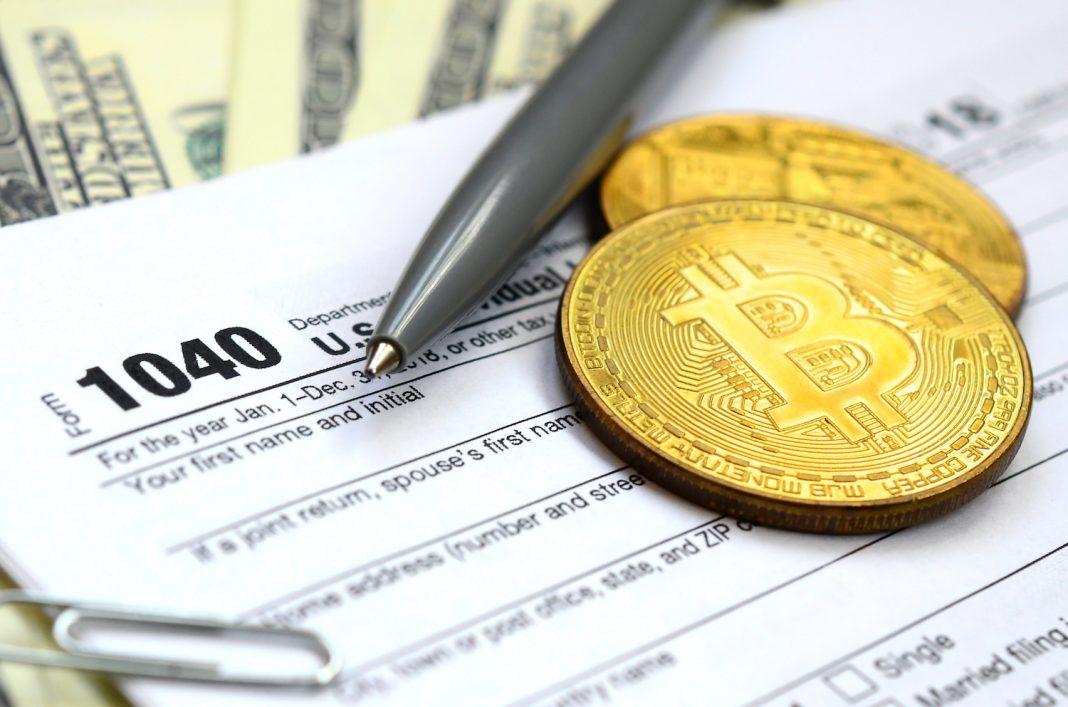Non-taxable and taxable receipts require a ”yes” check on the cryptocurrency question regarding schedule 1.
Receipt of compensation, working as an employee whose pay is in cryptocurrencies, the amount is an ordinary income in a tax return. This income must be reporting whether a W-2/1099-Misc is received or not. Recipient of compensation has to say the regular income equivalent to the fair market value (FMV) at the time it was received.
In a mining income receipt (Hobbyist Minor), it’s more of a hobby rather than a business activity. One has to include the coins mined in gross income FMV. Also, in Receipt of mining income conducted as a business or trade, mining operations rise to the level of commerce and industry. One has to organize ordinary income equivalent to the FMV of the cryptocurrencies mined. Depending on underlying tax/business structure, income and expenses reported on Schedule C, Form 1065, Form 1120, or 1120S.
Taxing stalking reward receipts has no clear guidance. It resembles interest income. The amount reported is the annual aggregated FMV of reward at the time received. This is the revenue on income that comes from decentralized platforms. The interest income credited in one’s wallet is in the form of a stable coin. Receipt of coins, according to a Hard Fork, occurs when cryptocurrency undertakes a protocol change that brings out permanent diversion from the existing distributed ledgers.
Receipt of the coin through an airdrop promotes and creates a buzz around social media. They are taxing as ordinary income at the time of arrival. In receipt of crypto reward as you shop have websites and platforms that offers Bitcoin as rewards when one shops. It’s a new development, and the IRS has not clarified the tax implications. Though the best approach to paying normal income taxes is time, one receives these rewards in crypto assets.
On the other hand, there are several Non-taxable receipts of cryptocurrencies. Receipt of crypto assets after purchasing them from, ATM dealer, an exchange, or other sources when one buys bitcoins using USD or local currency is not a taxable event. Keeping good records of the amount paid for it will have the most significant impact on taxes when selling bitcoin. Receipt of cryptocurrencies after a coin migration or coin swap resemble stock splits. They are commonly non-taxable. Receipt of a coin depends on whether it gains or a loses by the time it is sold. The most important thing is to keep good records of the donor’s basis and FVM of the cryptocurrency at the time received.






